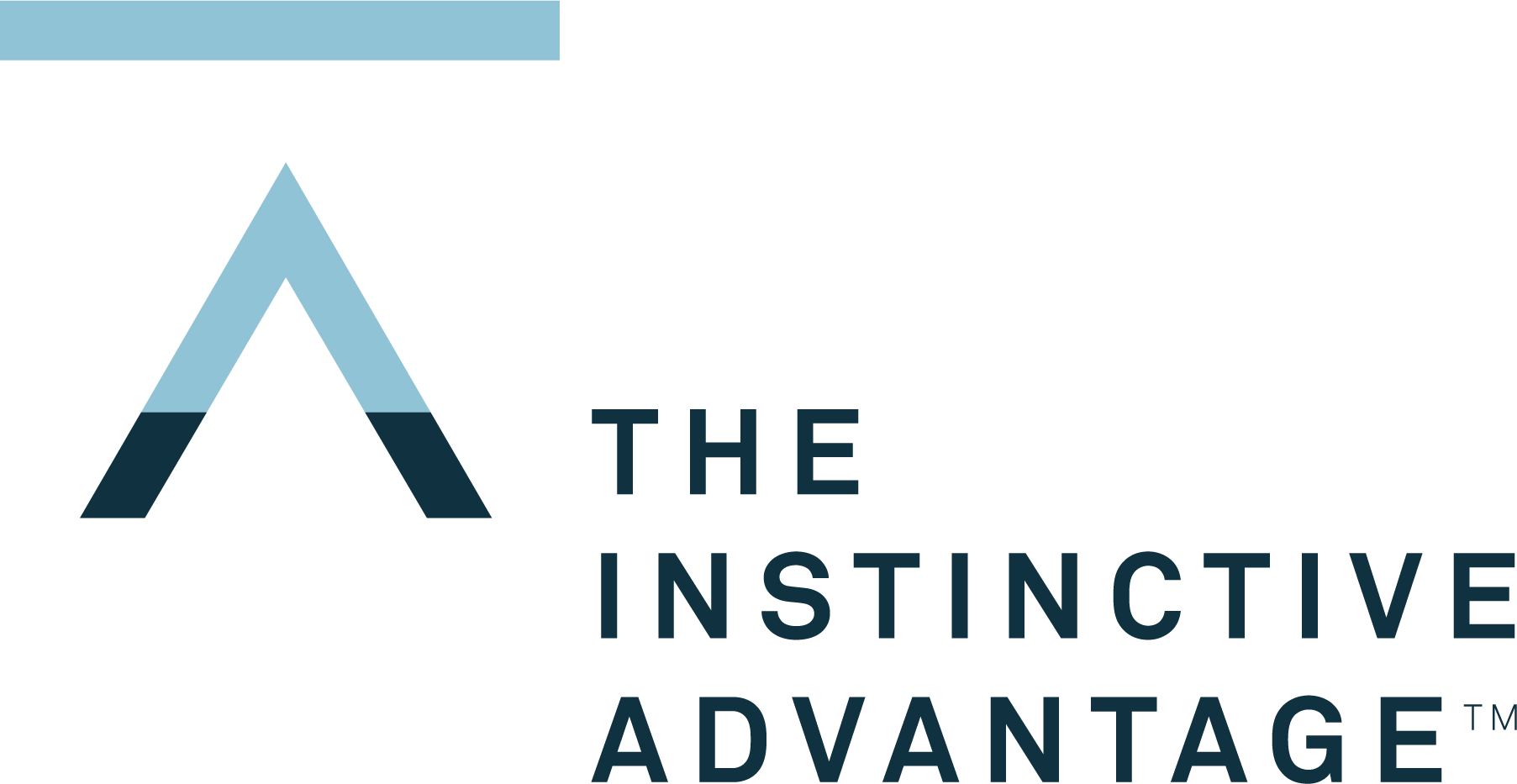3 Instinctual Parenting Decisions You Make Everyday, And How They Impact Your Children’s Success
It’s hard being a parent.
Especially during a global pandemic.
Whether it’s juggling work and parenting, or trying to predict what the school year will look like, or maybe it’s just trying to be everything for everyone in your household, the demands on each of us yield an important truth.
Oftentimes, there isn’t enough energy left for ourselves, and that’s hard!
While I don’t work with kids directly, I wanted to write something for the parents out there. It is based off a recent podcast with Kathy Kolbe (link below), which really struck a nerve with me. There are so many conversations and decisions weighing on parent’s minds, specifically around school. Will my child be safe at school? What happens to their academic achievement if we choose a distance option? How will their social development be impacted? The list goes on and on and on (seemingly forever).
While understanding conation will not impact the outcome of these decisions, I truly believe that understanding instincts (both for parent and child) can help us as parents better create situations our kids can succeed in; especially with respect to the world we are living in. Specifically, I wanted to identify the 3 instinctual decisions you make (and can make) every single day, addressing how these decisions impact your children’s success.
Are you meeting them where they are at?
In a recent podcast, Kathy Kolbe, the founder of Kolbe Wisdom™ addressed how children learn. She spent time focusing on the reality that only 20% of our children are actually in the right learning system (talking about school in particular). Kids do not get to choose their school system in the way that adults choose careers. In many cases, kids have to align with the environment and structure that’s been given to them, not the environment and structure they instinctively thrive in.
You can still be intentional about meeting your kids where they are at, even if your specific school isn’t. One of the easiest ways to do so is by observing their natural ways of learning and interacting with things (and people), and providing them with more opportunities of similar nature.
Do you fully understand your own instinctual decisions?
In my work with teams we commonly find that instincts have positive and negative ramifications, specifically within the relationships, group dynamics and productivity (learning). Likewise, as a parent your own instincts might be unknowingly getting in the way of your children’s success. Instead, I want to make sure that you understand that your own instincts matter too, and in the case of your children’s learning, you may need to operate differently than you would choose to, for their benefit.
Working with the Kolbe Index™, there are 4 ways to measure instincts:
How you gather & share information.
How you organize.
How you deal with risk & uncertainty.
How you handle space & tangibles.
Consider these things for both yourself and your children. By understanding and acknowledging how you are different, you’ll also begin to see opportunities to parent in new ways.
Be cautious not to project your own environment
Understanding and acknowledging how you are different from your children is only the beginning though. As parents, we have to fight to not project our own environments onto our kids. Instead, we must educate ourselves as to why our kids are the way they are, giving them space to do it their own way; even (and especially) if that contradicts our own.
Remember, differences are good things.
When we let our kids learn within their own instincts, we create atmospheres they not only succeed in, but thrive in. Let’s take time to hear them and truly understand.
In my opinion, great parents learn to respect their kids, and their instinctive, individualistic ways of learning.
By meeting them on their own turf, understanding our own instincts and not projecting them onto our kids, we can influence the success of our children in their own natural ways.
As I mentioned above, I don’t work with children. However, I’d be happy to give you a referral if you’d like to learn more about how the Kolbe Index™ can be impactful for your kids. Just fill out my form here.
Parenting is hard. We are all doing our best with the cards that have been dealt.
-E
